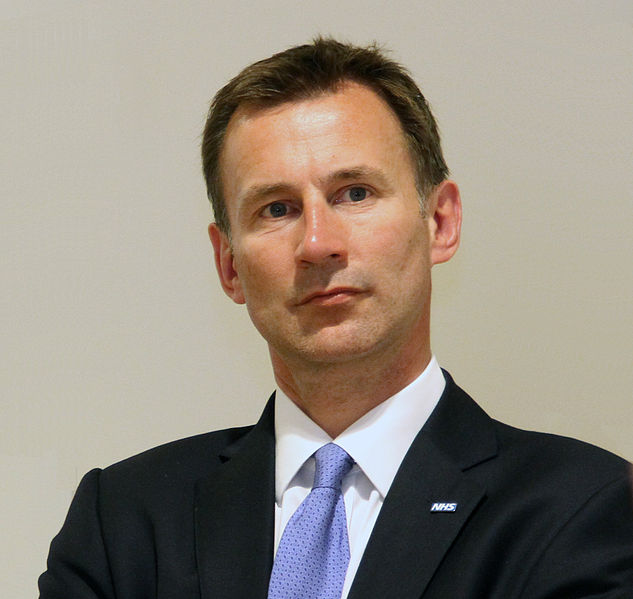
Chancellor Jeremy Hunt is reportedly contemplating a reduction in inheritance and business taxes as part of the upcoming Autumn Statement. This potential move, initially disclosed by the
Financial Times, hinges on the latest forecasts from the UK's primary economic forecaster.
According to a Treasury insider, no definitive decisions have been reached yet, with Hunt slated to deliberate on these policies over the weekend. The source hinted at the likelihood of delaying such tax cuts until spring.
Despite previous assertions from Hunt suggesting tax cuts were nearly unfeasible, he cautioned about the prospect of making arduous decisions during the Autumn Statement, scheduled to unveil the government's latest fiscal and spending strategies.
Anticipated to receive the Office of Budget Responsibility's (OBR) updated economic prognosis, an independent financial evaluator, the Chancellor remains circumspect about reducing taxes. Economists speculate that Hunt might have access to over £10 billion for potential fiscal measures, including tax reductions.
However, the government's available expenditure is contingent on self-imposed fiscal rules that dictate spending and taxation policies. Compliance with these rules is crucial for maintaining credibility with financial markets and securing funding for governmental plans, aligning with the fiscal norms followed by most affluent nations.
In the UK, inheritance tax constitutes a 40% levy on the estate value, encompassing properties, funds, and possessions, following an individual's demise. Notably, it applies to a mere 4% of estates and exempts estates below £325,000. Moreover, inheritances left to spouses, civil partners, charities, or sports clubs are tax-exempt, and if a home forms part of the estate inherited by descendants, the threshold elevates to £500,000.
The intricacies and controversies surrounding inheritance tax often lead to extensive debates, contributing to widespread confusion among the public.
Regarding potential business tax reductions, the specific areas under consideration by the Chancellor remain undisclosed. However, there are expectations of an extension or permanent establishment of the "full expensing" policy, enabling firms to fully offset expenses for new machinery and equipment against their profits. This policy's current term is set to conclude at the conclusion of the 2025 tax year.
Prime Minister Rishi Sunak refrained from hinting at Hunt's potential tax cut announcements but acknowledged the necessity of alleviating the cost of living. Meanwhile, Labour leader Sir Keir Starmer withheld comments on inheritance tax cuts, awaiting further details from the Autumn Statement, emphasizing the need for a robust growth strategy. Photo by Ted Eytan, Wikimedia commons.



































